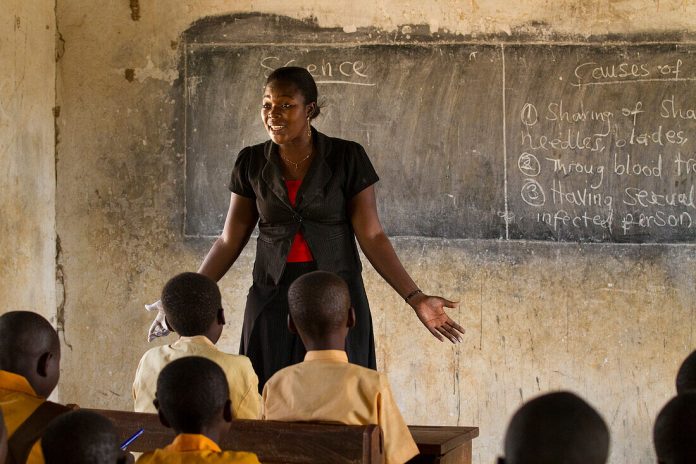By Masaki Enock
Education stakeholders and parents in Kajiado West Sub County have called for deployment of more female teachers to curb the shortage, saying that the efforts is to combat outdated cultural practices such as Female Genital Mutilation (FGM) and early marriages among students.
Speaking during an educational event at Torosei School, parents and education stakeholders voiced concerns that many girls shy away from confiding in male teachers, especially about issues related to menstruation and menstrual hygiene.

As a result some girls choose to drop out of school and marry at a young and tender age rather than seeking support.
YOU MAY HAVE MISSED:
“Previously we were deeply rooted in traditional practices. During school holidays, our children would go to the Manyattas without books as soon as schools were closed,” said Neema Metito, a parent at Torosei School. “But this even has opened our eyes, we have realized that education is essential to our children.”
Her sentiments were echoed by fellow parent Benson Malona, who emphasized the psychological shift that often follows FGM. “After undergoing FGM, many girls view themselves as adults. They believe that school is behind them and that marriage is the next step.”
READ ALSO:
Also in attendance was Ali Letura, an official from the Dupoto-e-maaa organization, who raised concerns about the shortage of female teachers in the area.
“Many schools in remote areas of Kajiado, including Torosei, face a critical shortage of female teachers. We urge the Ministry of Education and the Teachers Service Commission to address this by prioritizing the deployment of more women educators to these regions,” stated Letura.
The event concluded with pledges from parents to protect their children from practices that undermine their pursuit for education. Stakeholders agreed to work closely with local leaders, civil society and the education sector to ensure that girls in schools have access to female mentorship and receive the dignity and support they deserve.




